
It’s called “RankBrain” and in this post we’ll discuss everything that we know so far, and all the sites that know it.
Buckle in and hang on.
Search Engine Land’s Take on RankBrain
What we need to make clear is that this is not a replacement for Hummingbird, which came out in December 2013. You can read my analysis of Hummingbird’s arrival here.
RankBrain uses vectors, which are “vast amounts of written language” that have been put into “mathematical entities.”
Why is this done?
So the computer can better understand your search query, or what you’re typing into that Google search bar.
Search Engine Land uses the example of someone typing in “Barack” and how this Hummingbird’s changes have allowed all kinds of “Obama” results to come up.
What I find interesting, and a bit alarming, is that Search Engine Land is calling RankBrain the “third-most important signal in ranking.”
Wow, that’s quite the assertion. Is it true?
I don’t think so. In the next paragraph we’re told that “RankBrain is one of the ‘hundreds’ of signals” that determine what results you see. In the same section, however, we’re told that it has indeed become the “third-most important.”
Why?
We’re not told that, and we’re not told why this signal is more important than “hundreds” of others.
And gosh darn, what the hell is this signal anyways?
“A ranking signal is typically something that’s associated with the perceived quality of a page,” the site writes.
After a bit of backtracking on Search Engine Land’s part we’re told that “RankBrain probably isn’t really a ranking signal but rather a query processing tool.”
Did anyone edit this post or was it just brain-farts and ramblings thrown together from a press release?
Overall, sloppy work on the part of Search Engine Land.
The Verge’s Take on RankBrain
It too follows the same Bloomberg News article that Search Engine Land does and has the same analysis.
The post is virtually identical, except they write “percent” instead of using a symbol. Wow, thanks guys!
The Bloomberg Business Take on RankBrain
If you head to Bloomberg Business you’ll see a post up today that mentions when RankBrain “sees a word or phrase it isn’t familiar with, the machine can make a guess to what words or phrases might have a similar meaning and filter the result accordingly.”
When I read that it almost sounds like we’re dealing with another reiteration of Hummingbird, not a new thing. Perhaps Hummingbird was the template for this…I don’t know.
Something else that Bloomberg Business mentions is that “time-starved users, who are mostly searching using their mobile devices,” will likely benefit most from this.
So now we’re seeing a more mobile-dimension to this “algorithm” or “query processing tool” or whatever you want to call the damn thing.
Bloomberg Business mentions that RankBrain “is part of a half-decade-long push by Google into AI,” for the company is trying to “embed the technology into every aspect of its business.”
Yes, AI. Why am I getting images of the company from Terminator 2 changing it’s name to Google?
Perhaps because “humans guessed” top-ranking pages 70% of the time while RankBrain managed to do so 80% of the time.
The Daily Mail’s Take on RankBrain
First of all, they mention that “more than 3.5 billion Google searches” are made everyday. Few of these are new.
That’s what RankBrain and other Google AI aspects are doing – trying to streamline all those ‘old’ searches so results are more specific to your needs, and show up faster.
Something we’re told is that when RankBrain makes guesses as to user search intent, “it monitors how the person making the searches responds to the results and can adjust its filtering process accordingly.”
That’s the artificial intelligence aspect again.
I like how this article mentions Google’s AI attempts from June, where a computer was trained “to have conversations before posing a series of questions about technical support, general knowledge and even philosophy.”
This was called the “conversation model,” we’re told and was built by scientists at Google Brain, a deep-learning research project that began in 2011.
There were mixed results to this June test, and you’ll get a great dialogue box of Q&A that scientists and the computer went through.
For instance, “what is the purpose of life?” was answered with “to serve the greater good.”
Another one was, “what is altruism?” which was answered with “if you don’t believe in God then you don’t know.”
Wow, where are we going here? Skynet/Google? Maybe it’s time for another Terminator movie (God, am I actually saying that?)
If you’re going to check out any posts on RankBrain, I feel this is the best so far.
Conclusion
Tom Demers had a post on Search Engine Journal on April 6 called The Small Business Owner’s Guide to Google’s April 21 Mobile-Friendly Algorithm Update.
It’s a great one for people that are worried about algo-updates.
In my book Stand Out I profiled Eric Enge’s Search Engine Land from July 21, 2014, called Assessing Hummingbird’s Impact On Search — 10 Months Later.
In it he recaps the changes that have taken place since the Hummingbird algorithm hit on September 26, 2013.
Enge makes it clear that Hummingbird was “a rewrite of the search platform designed to allow Google to process new types of signals in new types of ways.”
Now, it’s good to remember that Google Panda hit on May 20, 2014, and those Google Authorship changes came about a month later, on June 25. Could Hummingbird have had a role in these?
Enge thinks so, in that Hummingbird would have allowed the new features that those 2014 updates brought about – specifically step-by-step procedure, like you’d see in baking instructions.
It’s what Enge has concluded within the article, however, that really hit me. “The requirements of the mobile searcher are becoming more important to Google than the requirements of the desktop searcher,” he says.
That was a big change, and it’s showing how our technology is driving our content capabilities.
I feel we’re seeing more of an emphasis on the mobile searcher with this new RankBrain. We’re also seeing more with the machine thinking for you.
Already you don’t need to know how to spell and you don’t even need to type in a whole word. Google will give that to you in the search bar, and before you’re even done typing the results will show.
Expect to see that a lot more now that RankBrain is on the scene.

















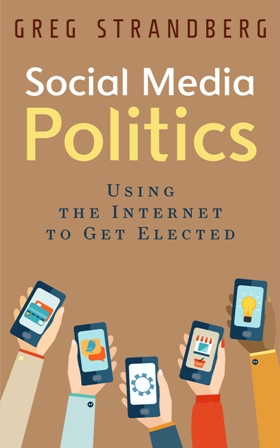


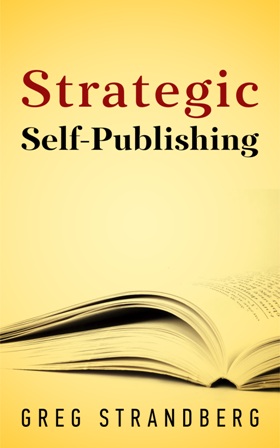


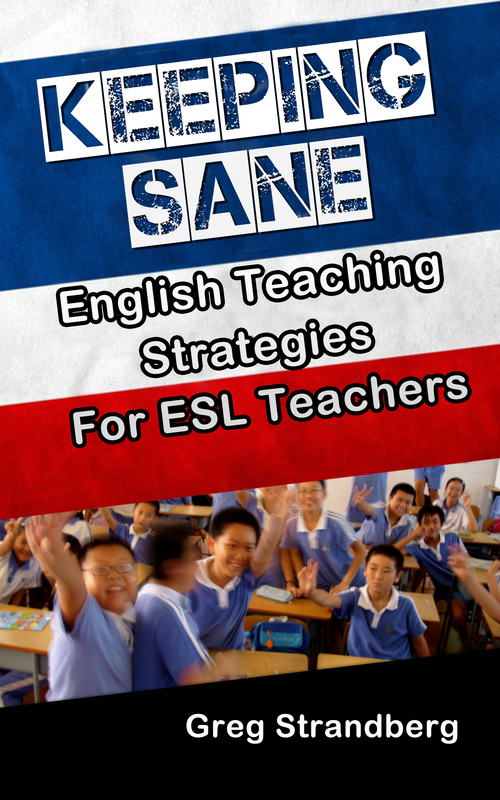

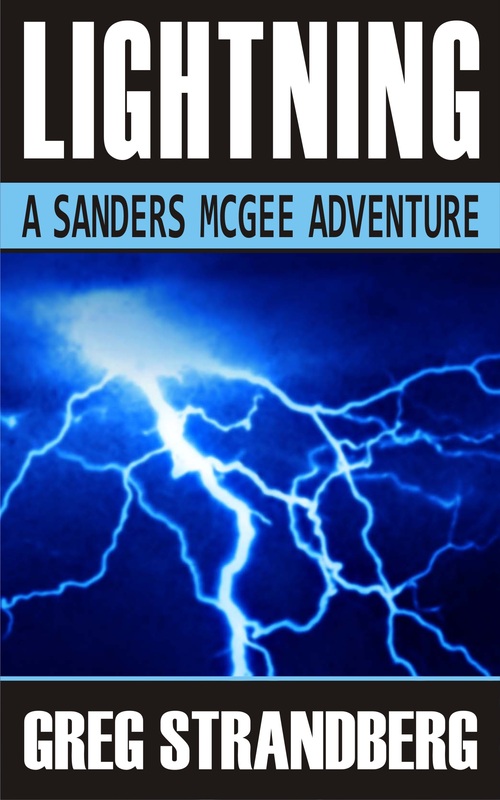

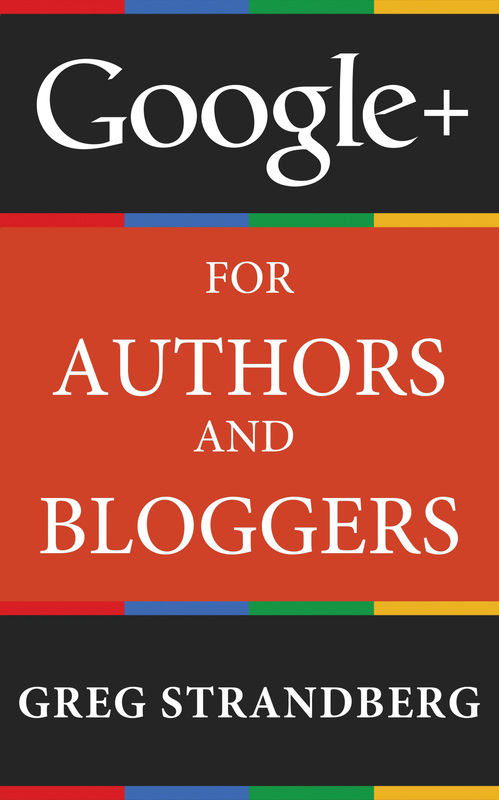
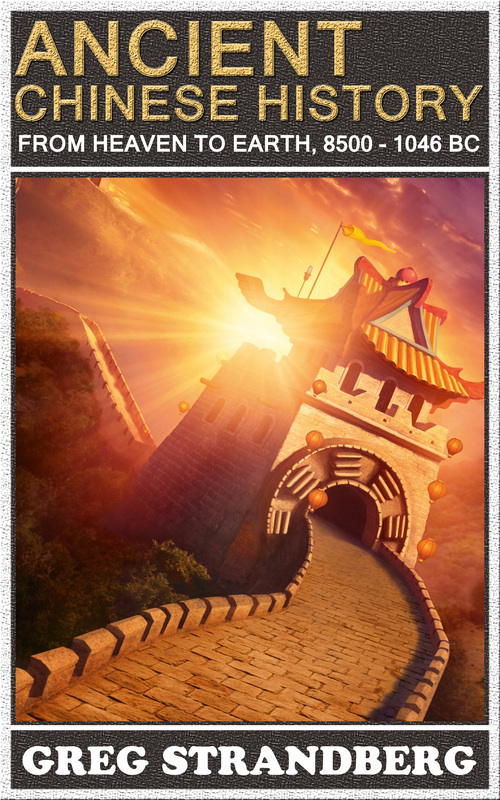











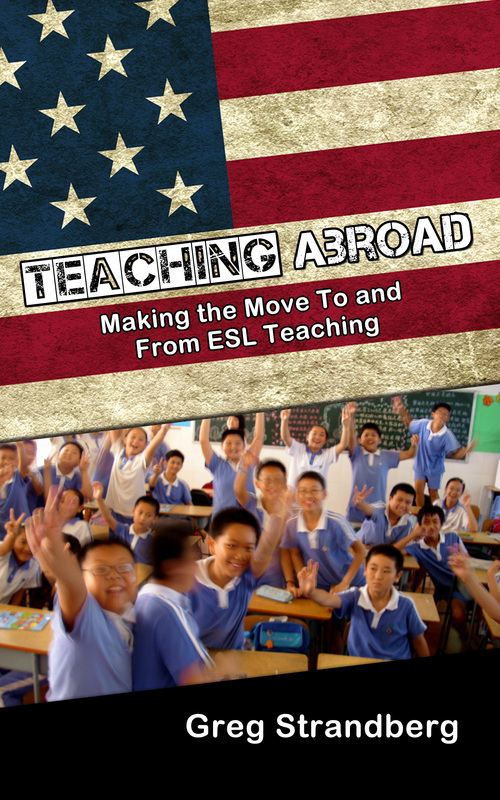


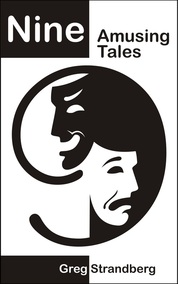

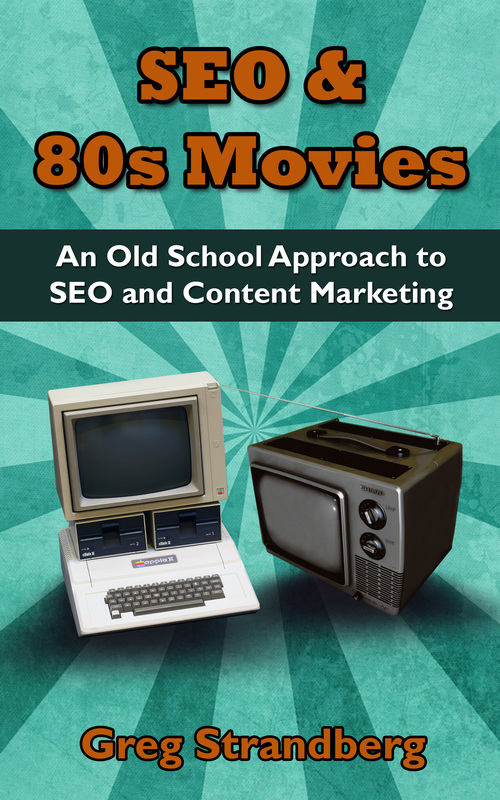













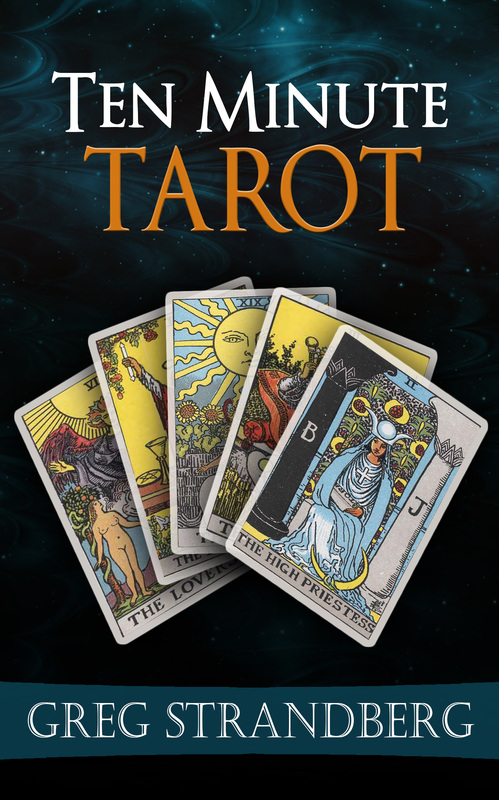




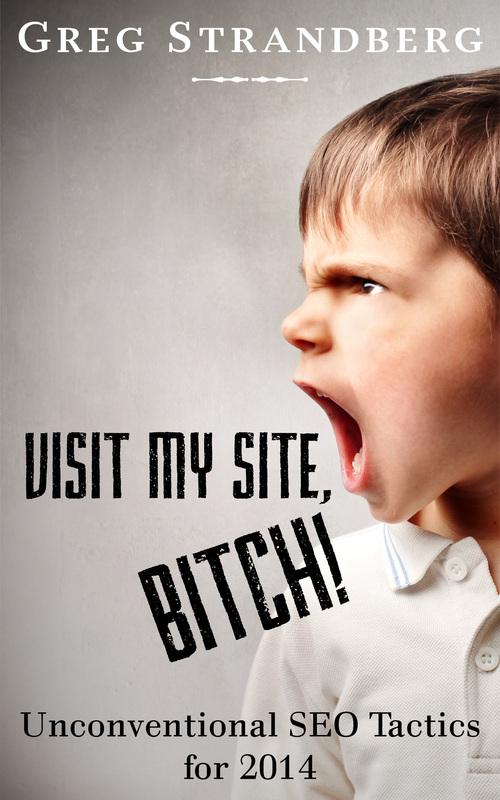
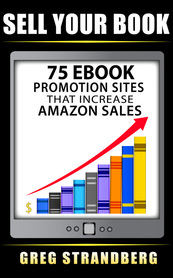
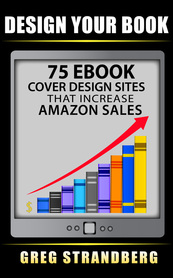
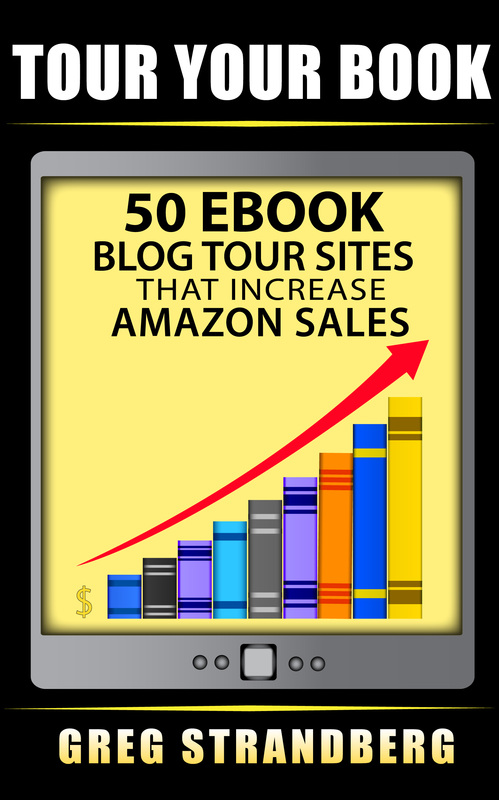






 RSS Feed
RSS Feed